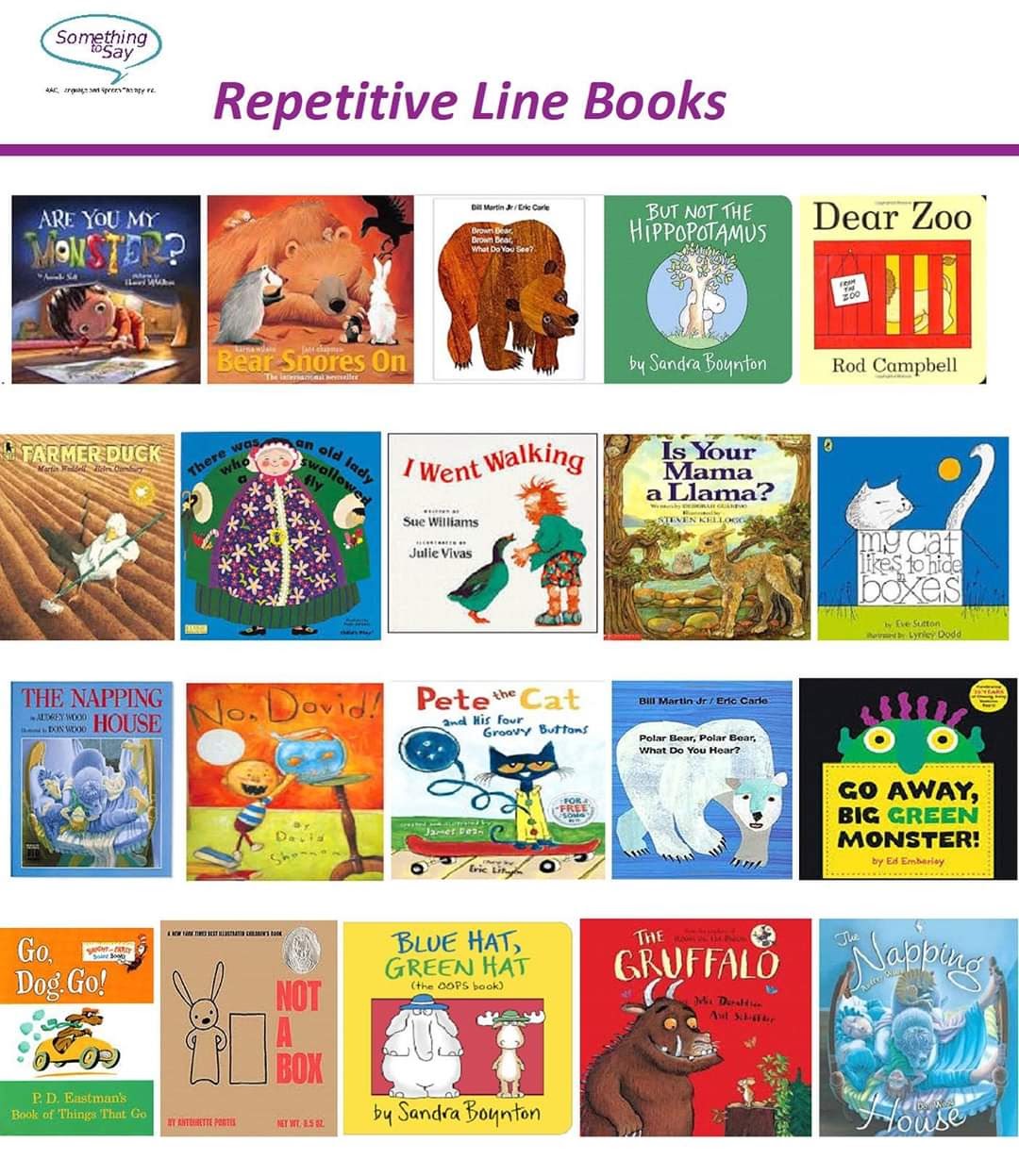Using Storytime to Build Oral Language
Before you Read
Have a conversation before you begin reading a book together. These discussions are important because they…
help your child understand what the story might be about
provide background knowledge
introduce your child to the vocabulary and language used in the story. This helps with their understanding.
helps your child make connections with the story
how does this story relate to their own personal experiences?
what do they already know about this topic?
does this story remind them of something they already have read/watched?
Pre-Story Discussion Using a Simple Picture Book
While you Read
Reading books together with your child is very important…. but it is not just about reading the words on the page, but rather talking about the story as you read. When parents and children have conversations before, during and after the book, they are:
building vocabulary skills
UGDSB The Super Six Plus
UGDSB Google Slides: How to Use the Super Six Strategy
Video example:Building Vocabulary with Giraffes Can’t Dance
supporting language skills
UGDSB Google Slides: Asking the Right Questions During a Story
UGDSB Google Slide: How to Ask Questions and Make Comments to Expand Your Child’s Thinking
Video example – Creating Conversation with Good Night, Gorilla
developing an understanding of story structure
UGDSB Google Slides: Story Elements and Pictographs
Video example: Highlighting Story Elements during a Read Aloud
helping children understand the written words
The Importance of Books with Repeated Storylines
Simple books with repeated phrases or sentences are ideal for helping your child participate in the reading experience. A child who is learning to talk in sentences can chime in as their parent reads a repeated line. Likewise, a child who is learning to read can benefit from repetition within the story. The emergent reader can share in the experience of reading without the struggle of sounding out words. Shared book reading is an enjoyable experience for children and their parents. By choosing stories with repeated story lines, parents can support their children’s language and literacy development.
Examples of familiar books with repetitive storylines:

